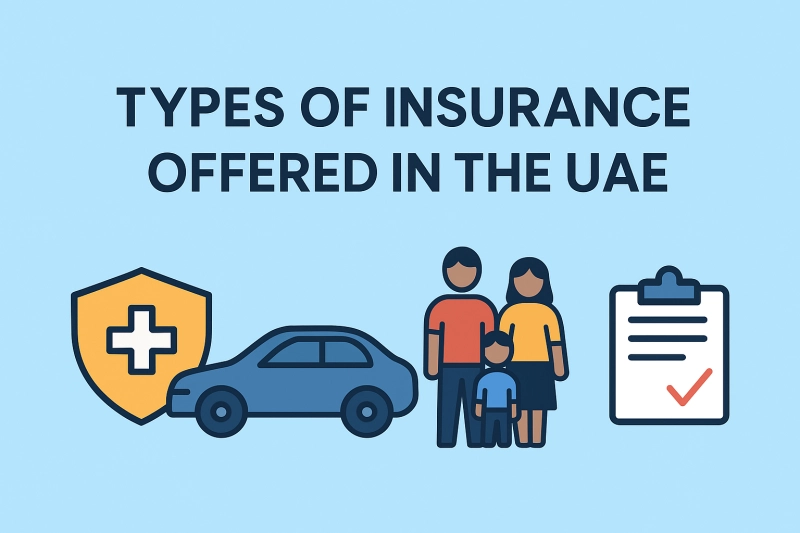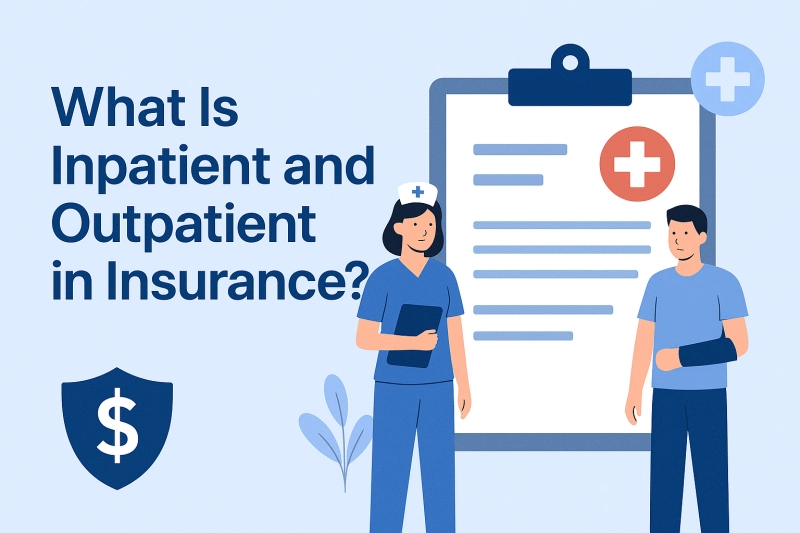Moving to Dubai can feel overwhelming—paperwork, accommodation, schools—and health coverage is frequently overlooked until an emergency strikes. This Expat’s Guide to Health Insurance unpacks the city’s unique rules and helps newcomers secure the best plan without overpaying.
Understanding Dubai’s regulatory framework
The Dubai Health Authority (DHA) enforces mandatory cover for every resident. Employers must insure staff, while sponsors take care of dependants and domestic workers. Minimum benefits are set by the Essential Benefits Plan (EBP), but many expats upgrade for higher limits and wider networks.
Key EBP features every newcomer should know
| Category | EBP provision |
|---|---|
| Annual limit | AED 150,000 |
| Outpatient co-pay | 20 % (capped at AED 50/visit) |
| Pharmacy co-pay | 30 % (limit AED 1,500/year) |
| Maternity | AED 10,000 normal / AED 15,000 C-section |
| Geographic scope | UAE only |
An enhanced plan may raise limits to AED 1 million, slash co-pays to 10 %, and include dental or worldwide emergency cover.
Four steps to choosing the right policy
- Assess your risk profile—age, chronic illnesses, children or pregnancy plans.
- Identify must-have benefits such as global evacuation for frequent travellers.
- Compare provider networks using the tool on insurancehub.ae; look for your preferred hospital.
- Review exclusions and waiting periods before signing.
Cost expectations in 2025
• EBP single adult: AED 725–850 per year.
• Mid-tier individual: AED 1,800–3,000.
• Family of four, enhanced network: AED 6,000–9,000.
How to file a claim smoothly
- Use in-network hospitals for cashless service.
- For reimbursement, submit invoices and a claim form within 30 days via the insurer’s app.
- Keep copies of your Emirates ID and visa page; insurers request them for verification.
Get personalised quotes via the detailed expat guide.
Conclusion:
Navigating health insurance in Dubai can feel overwhelming, especially for expats juggling new work, family, and lifestyle changes. However, understanding DHA regulations, mandatory coverage requirements, and the different plan options available puts you in control of your healthcare journey. The right health insurance policy not only ensures peace of mind but also protects you from unexpected medical expenses. Whether you are new to Dubai or looking to upgrade your coverage, comparing plans through trusted platforms like InsuranceHub helps you secure affordable, comprehensive protection tailored to your needs.







